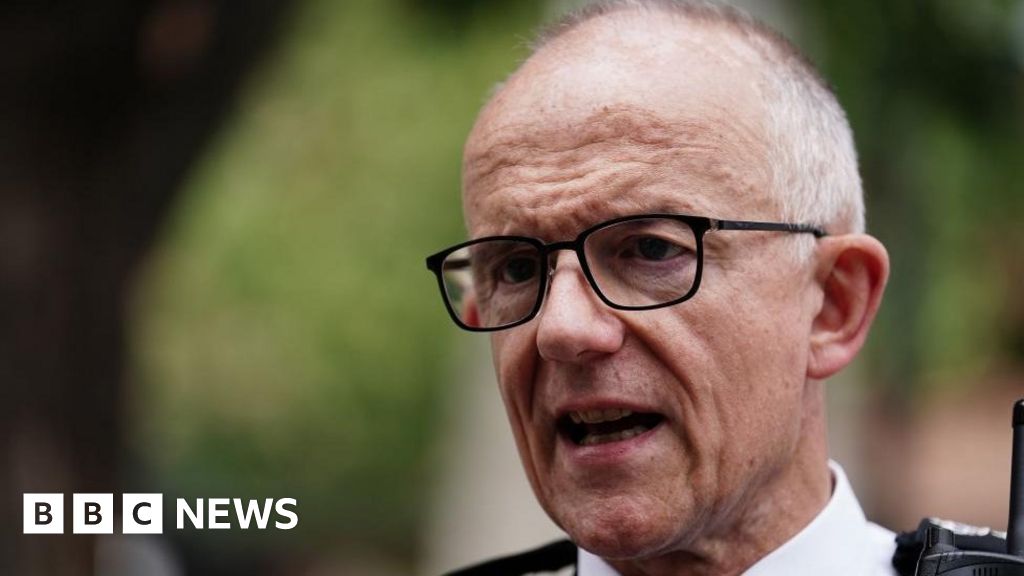This is the only article I have found on the homepage of the BBC News England page.
Sir Mark Rowley says disruption is continuing after hundreds of officers stepped back from firearms duties.
www.bbc.co.uk
Couple of quotes from the article:
Speaking at a meeting of the London policing board, he said: "A lot of this is driven by families - many of them are under pressure from their partners, wives, husbands, parents, children saying, 'I'm worried about what you might go through based on your job.'"
Sir Mark has previously said armed officers fear facing years of investigation when they use their weapons "even if they stick to the tactics and training they have been given".
I’d imagine that’s not the same article you read however that appears to be the latest article regarding the matter on the BBC website which is certainly echoing a similar account to my post.

